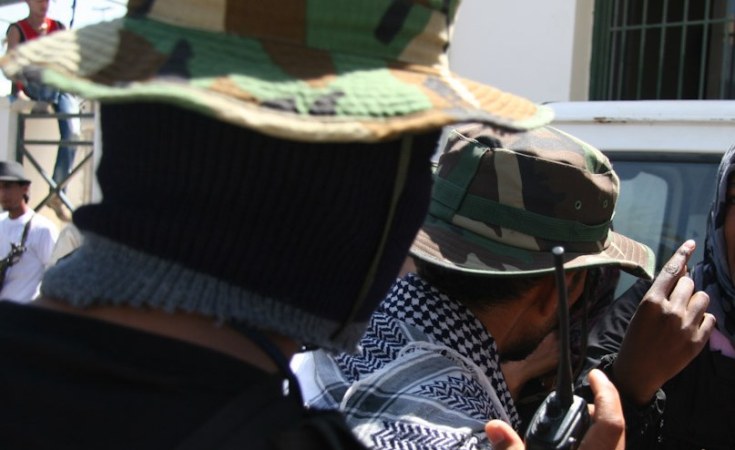African Union considers special committee to combat rising mercenary threat

The African Union (AU) is exploring plans to establish a specialized committee aimed at addressing the growing presence of mercenaries across the continent, a trend that has raised serious concerns about regional stability over the past decade.
Discussions led by the African Peace and Security Council have highlighted the urgent need for action, warning of the destabilizing effects mercenaries pose to peace and security agendas in Africa.
In a recent statement, the Council emphasized the importance of finalizing amendments to the 1977 Organisation of African Unity (OAU) Convention on the Elimination of Mercenaries, seeking to strengthen the convention to better address the increased presence of mercenaries.
The Council expressed its “deep concern over the grave threat mercenaries pose to Africa’s peace and security agenda” and reiterated the need to expedite the review of existing frameworks to tackle this challenge.
A proposed bill drafted by the Council would allow AU member states to contribute to an enhanced regulatory framework, with the establishment of a continental committee dedicated to tracking and managing mercenary activities across Africa.
Monitoring the number of mercenaries, however, remains difficult due to the clandestine nature of their operations.
Still, reports estimate that roughly 20,000 mercenaries operate in Libya alone, according to Stephanie Williams, former UN mission chief, along with approximately 2,000 in the Central African Republic and nearly 1,645 in Mali as of April 2023.
The mercenary presence has spread beyond Libya, reaching countries like Burkina Faso, Sudan, and Mozambique, where their roles range from military advisory and training services to active combat participation.
This increased activity has prompted African governments to enter into security agreements with mercenary groups.
The South African Institute for Security Studies notes that while the 1977 convention is comprehensive, it lacks the provisions needed to address the present-day complexities of mercenary involvement, particularly those linked to global powers.
A recent report from the Institute stressed that the absence of a dedicated continental body to address mercenary activity has limited the AU’s capacity to manage this growing threat effectively.
The report advocates for engagement with African civil society organizations, research centers, and international partners to develop a robust legal framework that aligns with current realities.
The newly proposed legislation recommends the creation of a specialized committee to monitor mercenary activity and submit regular reports to the AU Peace and Security Council.
It also highlights the importance of including mechanisms to track human rights violations committed by mercenaries, allowing for prosecution in African courts to ensure accountability.
Security experts warn that mercenaries, who often operate outside of formal rules of engagement, pose a severe risk to Africa’s stability.
The lack of strict regulation exacerbates this danger, as mercenary activities increasingly affect civilians, including children, deepening concerns about their unchecked presence and the impact on the continent’s security landscape.
About The Author
dailymailafric
I am an avid African news observer, and an active member of Daily Mail Africa.
I’m Passionate about staying informed on diverse topics across the continent,
I actively contribute to publishing on political, economic and cultural developments in Africa.



